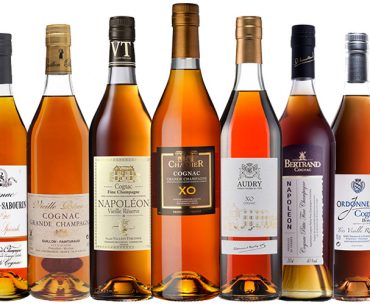
Welcome to our blog, your number one resource for everything Cognac-related. Here we discuss the latest news in the business, product launches, the latest developments of our own brand “Sophie & Max Sélection” – and of course everything else you would possibly want to know about the famous French brandy. Head to our online Cognac shop.
![]()











